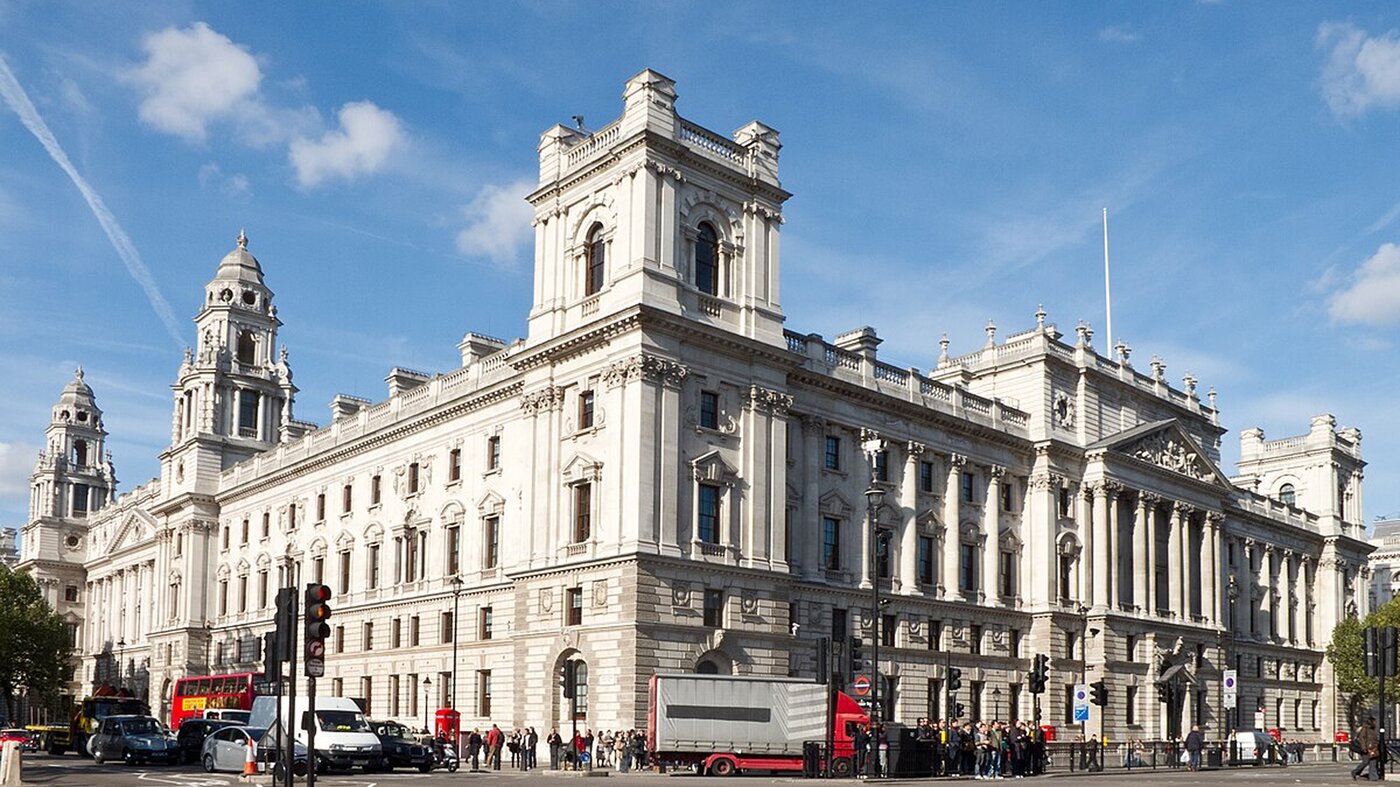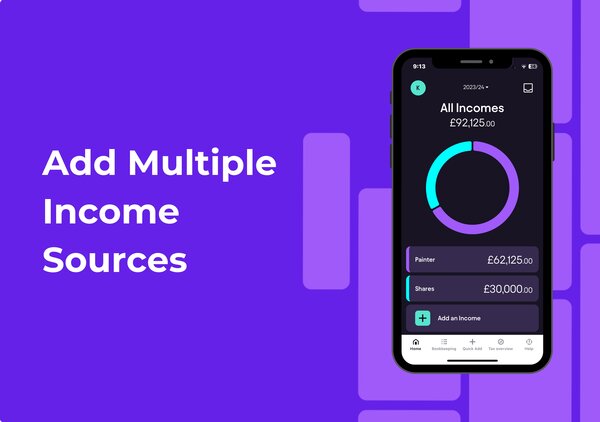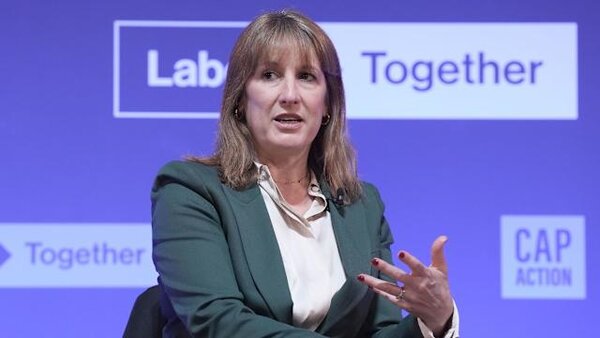Introduction
The government is expected to announce a review of the two-child benefit cap, a policy limiting certain welfare payments to families with no more than two children. This development comes amid mounting criticism that the measure, in place since 2017, disproportionately affects low-income households and contributes to increasing rates of child poverty.
As the Autumn Budget approaches, stakeholders across the political spectrum are closely monitoring Chancellor Rachel Reeves’ forthcoming statement, which could signal significant changes for millions of families dependent on Child Tax Credit and Universal Credit.
Overview of the Two-Child Benefit Cap
Introduced in April 2017 under the Conservative government, the two-child benefit cap restricts Child Tax Credit and Universal Credit payments to cover only the first two children in a family. Families with more than two children born after this date do not receive additional support for extra children, unless certain exceptions apply.
The policy was intended to reduce welfare expenditure and encourage parents to consider financial implications when expanding their families. Charities and policy experts have raised concerns that the cap fails to account for complex family circumstances and disproportionately affects the most vulnerable. Despite these objections, the policy has remained a central part of the UK's welfare system for over seven years.
Growing Calls for Reform
Opposition parties, campaign groups, and the SNP-led Scottish Government have consistently called for the removal or reform of the two-child limit. Critics argue that the cap has exacerbated child poverty, with the Resolution Foundation estimating that without policy change, 4.8 million children could be living in poverty by the end of the decade.
In Scotland, measures to mitigate the cap are scheduled to take effect early next year. The Liberal Democrats and several Labour Party members have also advocated for an end to the cap, aligning with recommendations from leading anti-poverty organisations.
Chancellor’s Response and Budget Expectations
Chancellor Rachel Reeves has signalled a willingness to reconsider the policy. In a recent broadcast interview, she stated, “It is not right that children in larger families are penalised through no fault of their own.” However, Chancellor Reeves also emphasised the importance of balancing social welfare objectives with fiscal discipline.
“We cannot commit to new policies without making clear where the funding will come from,” she noted, citing current inflation, global conflict, and borrowing costs as significant constraints. When questioned recently by journalists, the Chancellor confirmed that matters related to the cap and child poverty would be addressed in the upcoming Autumn Budget, but stopped short of confirming any specific policy changes.
Financial Impact of Lifting the Cap
Abolishing or easing the two-child benefit cap would have considerable fiscal implications. According to the Resolution Foundation, extending support to cover a third child would cost approximately £2.4 billion annually by 2029/30 and has the potential to lift 280,000 children out of poverty. Complete removal of the cap is estimated by the same organisation to cost around £3.5 billion per year by the end of the current Parliamentary term.
Alternative estimates put forward by the Child Poverty Action Group and the Joseph Rowntree Foundation suggest the total cost of abolishing the cap could be closer to £3 billion, reflecting variations in forecasting methodologies and assumptions about family sizes and uptake rates.
Political and Public Responses
Growing opposition to the two-child limit has not been confined to parliamentarians and experts. Over 40 public figures, including well-known actors and activists, recently signed an open letter organised by the foodbank charity Trussell Trust, urging party leaders to abolish the cap as a matter of urgency.
Within government, there has been an acknowledgement of the need to improve children’s outcomes. Disability minister Sir Stephen Timms recently stated the government was “looking at all available levers” to provide children with the best start in life, though he did not confirm if removal of the cap was under active consideration.
Final Summary
As the government prepares to outline its fiscal strategy, the future of the two-child benefit cap remains under close scrutiny. The policy, long controversial and widely debated, stands at a crossroads amid increasing evidence of its impact on child poverty and calls for reform.
Any change announced in the Autumn Budget will have far-reaching effects on public finances and millions of families across the UK. Stakeholders seeking clarity may find accessible tools such as the Pie app invaluable for keeping informed about potential policy updates and entitlements.











